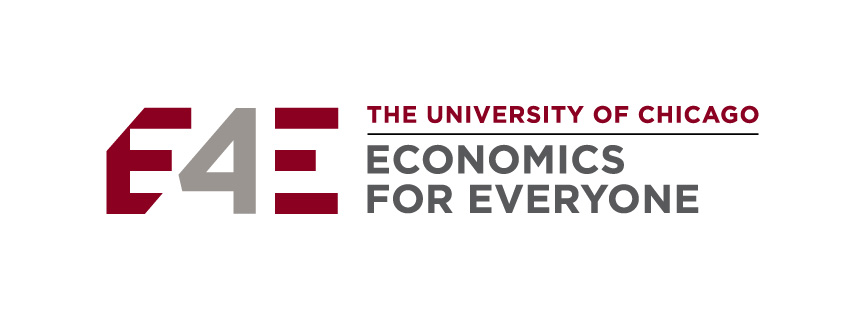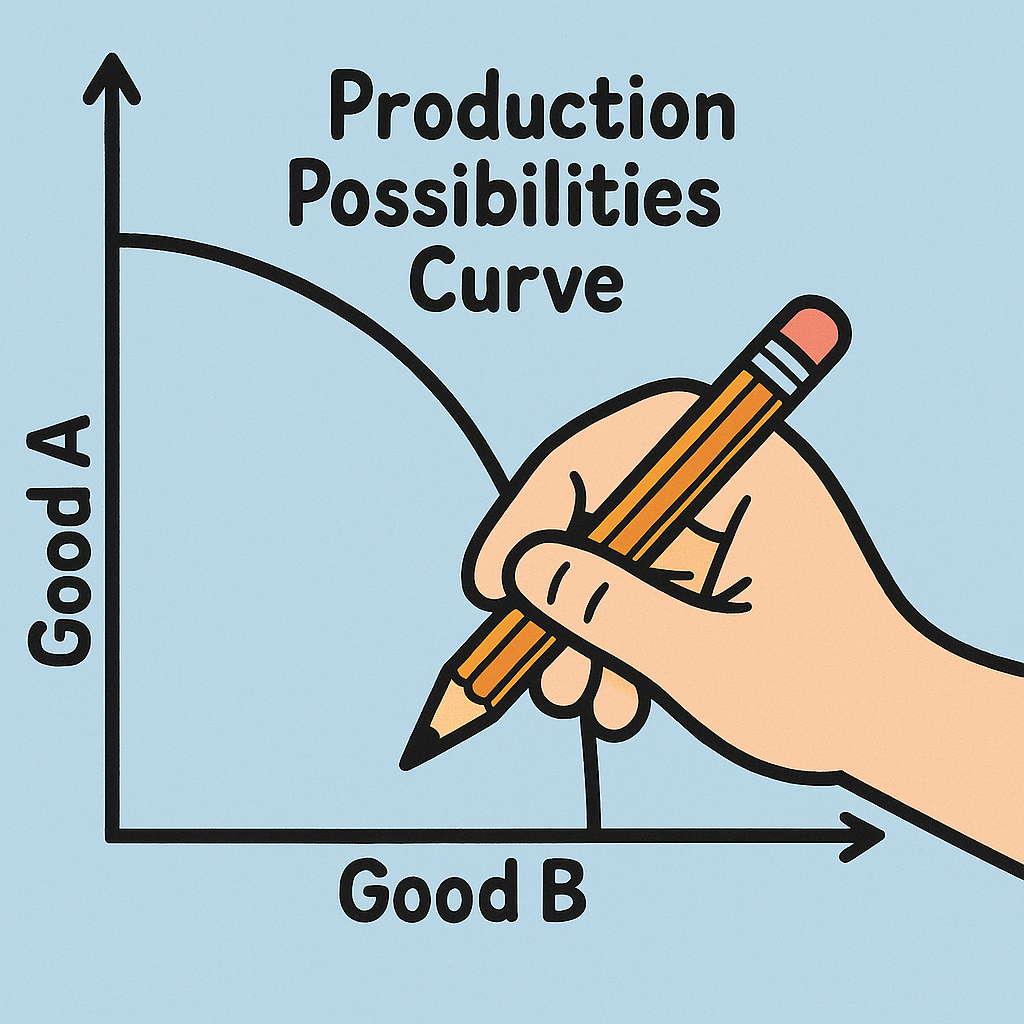
Grades 6-8

Don't have an account yet? Sign up for free
Don't have an account yet? Sign up for free
Students will be able to:

In this lesson from the Eco-Economics: Energy and the Environment curriculum, students learn about the importance of energy costs when considering household budgeting decisions. They also consider the role of US government agencies like the FTC and the EPA in providing information to consumers.
Description of the lesson
The cost of owning and operating an electric appliance is not just the price of the appliance. In a series of decision-making rounds, students use their preferences, a budget, and energy cost research to make household purchasing decisions.
Economics
Economics is the study of how people choose. Individuals make decisions by examining the costs and benefits of each alternative available to them and selecting the one that offers the greatest net benefit given the constraints they face. Conducting research before making a purchase benefits consumers by improving their understanding of each alternative’s costs and benefits, but research itself imposes an opportunity cost. In this lesson students practice cost-benefit analysis and conduct consumer research to make appliance purchasing decisions.

Grades 6-8

Grades 9-12

Grades 9-12

Grades 6-8
